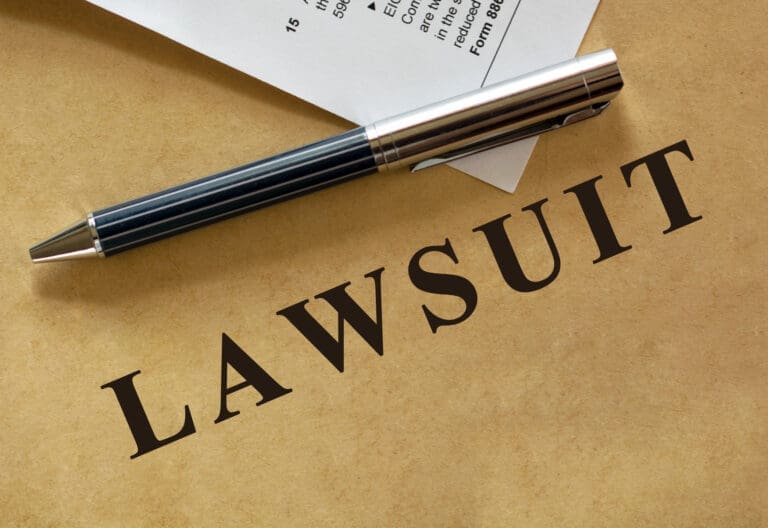
In the realm of civil and criminal law, the concept of bailor plays a crucial role in the legal relationship known as bailment. A bailor is an individual or entity that temporarily transfers possession of personal property to another party, the bailee, while retaining ownership. This relationship is central to numerous everyday transactions and commercial activities, making an understanding of a bailor’s rights and responsibilities essential.
The role of a bailor is multifaceted, encompassing various scenarios from casual, everyday activities to more formal commercial dealings. In a bailment relationship, the bailor entrusts their property to the bailee for a specific purpose, such as repair, storage, or safekeeping. This entrustment can be voluntary, where the bailor actively chooses to hand over the property, or involuntary, where the property is entrusted due to circumstances beyond the bailor’s control.
Key aspects of a bailor’s role include:
- Intent and Agreement: The bailor must have the intention to create a bailment and typically needs to agree on the terms of this relationship with the bailee.
- Types of Bailment: The nature of the bailment can significantly affect the bailor’s responsibilities and the level of care expected from the bailee. This includes:
- Mutual Benefit Bailment: Both parties gain from the arrangement, such as a car repair service.
- Sole Benefit of the Bailor: The bailee acts without compensation, like a friend caring for a house while the owner is away.
- Sole Benefit of the Bailee: The bailor acts without direct benefit, such as lending a book.
- Duty of Care: Depending on the type of bailment, the duty of care required by the bailee varies. In mutual benefit scenarios, a standard of reasonable care is expected, while in bailments for the sole benefit of the bailee, a higher standard of care is required.
- Rights and Obligations: The bailor has the right to expect their property to be returned in its original condition after the purpose of the bailment is fulfilled. They also have obligations, such as ensuring that the property handed over is safe for its intended use.
- Liability and Damages: If the bailment terms are breached, leading to damage or loss of property, the bailor may seek compensation. The extent of liability often depends on the agreed-upon terms of the bailment and the type of bailment involved.
Understanding the bailor’s role is crucial in both personal and commercial contexts. It helps in navigating legal obligations and protects interests in transactions involving personal property. The concept underscores the need for clear communication and agreement between the bailor and bailee to avoid disputes and ensure both parties’ rights are upheld.
Bailment is a dynamic aspect of property law, reflective of a wide array of real-world situations. From leaving a car with a valet to entrusting goods to a warehouse, the principles governing a bailor’s rights and duties play a fundamental role. This understanding is not only crucial for legal professionals but also for individuals and businesses engaging in daily transactions involving the temporary transfer of personal property.
In conclusion, the role of a bailor in the legal framework of bailment is pivotal. It represents a blend of trust, responsibility, and legal obligation, essential for the smooth functioning of many aspects of civil society and commerce. Understanding this role helps in appreciating the complexities of property law and in navigating the myriad situations where bailment occurs.
URL de las referencias utilizadas:
- Legal Dictionary on Bailor: Bailor – Definition, Examples, Cases, Processes.
- Legal Information Institute on Bailor: bailor | Wex | US Law | LII / Legal Information Institute.
- Wikipedia on Bailment: Fianza - Wikipedia.








